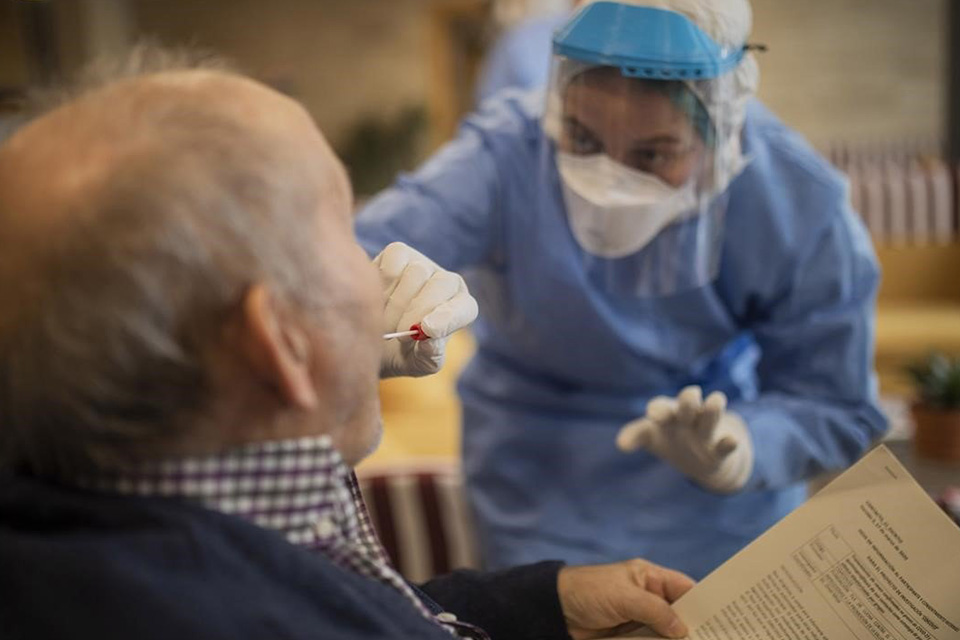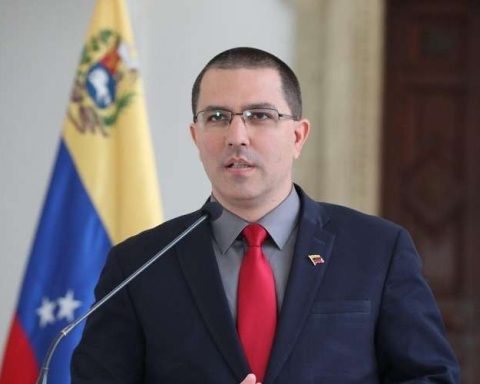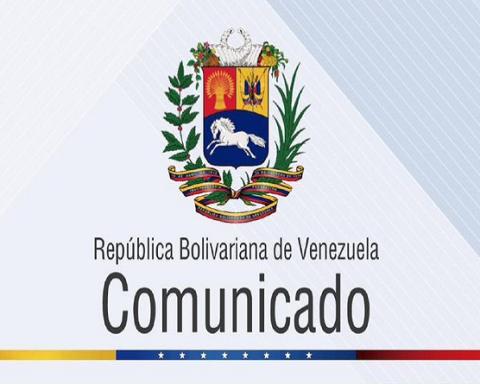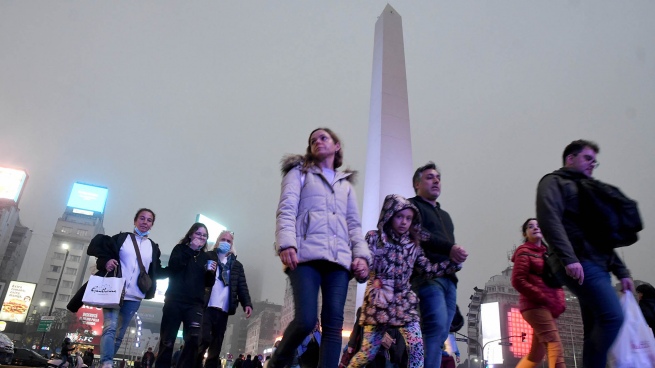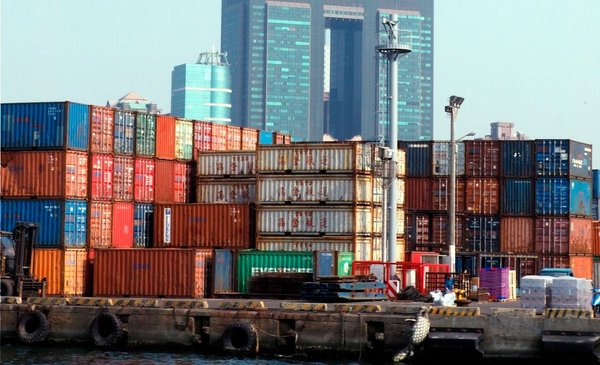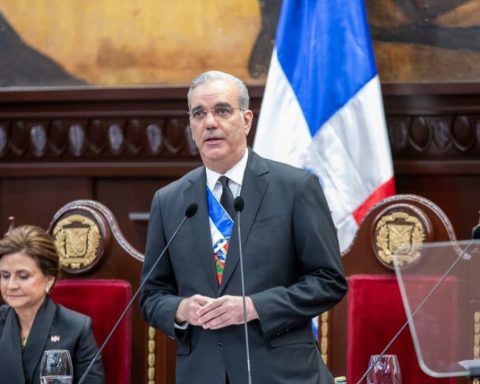The WHO maintains its objective of reaching a global vaccination rate of 70% this year, essential to achieve the so-called “herd immunity”, for which it considers it essential to accelerate immunization in the most affected groups, among which are the elderly and health personnel
Barely 28% of all older people in low-income countries received a full first course of the covid-19 vaccines that have been distributed globally, as reported by the World Health Organization (WHO).
In the midst of a call for the most vulnerable sectors, such as the elderly, to be immunized, the WHO highlighted that to this same extent, only 37% of health workers in these countries have been vaccinated.
In addition, 27 countries around the world have not yet managed to start an immunization program with booster doses, despite the fact that the SARS-CoV-2 virus pandemic is still ongoing, and when medical studies have calculated that in In 2021, thanks to vaccination, around 20 million lives were saved.
The Geneva-based organization today raised its global vaccination goals, indicating that 100% of health workers and people who are part of risk groups (elderly, immunocompromised, among others) should have access to vaccines against covid-19.
“Vaccinating people most at risk is the best way to save lives, protect health systems and keep societies and economies open,” said Tedros Adhanom Ghebreyesus, WHO Director-General.
To date, some 12 billion doses of anticovid vaccines have been administered in the world, equivalent to one and a half times the global population, in what the WHO recalls is the largest and fastest vaccination in history.
Despite this, there is still great inequality in the distribution of vaccines, with a global average of more than 60% inoculated, but it drops to less than 20% in low-income countries.
The WHO maintains its objective of reaching a global vaccination rate of 70% this year, essential to achieve the so-called “herd immunity”.
Given this, from the international organization they highlighted that “vaccines saved countless lives but did not substantially reduce the transmission of covid-19”, for which they urged to increase research to obtain new products that do reduce infections against rapid variants. expansion like the omicron.
With information from EFE
Post Views:
467
